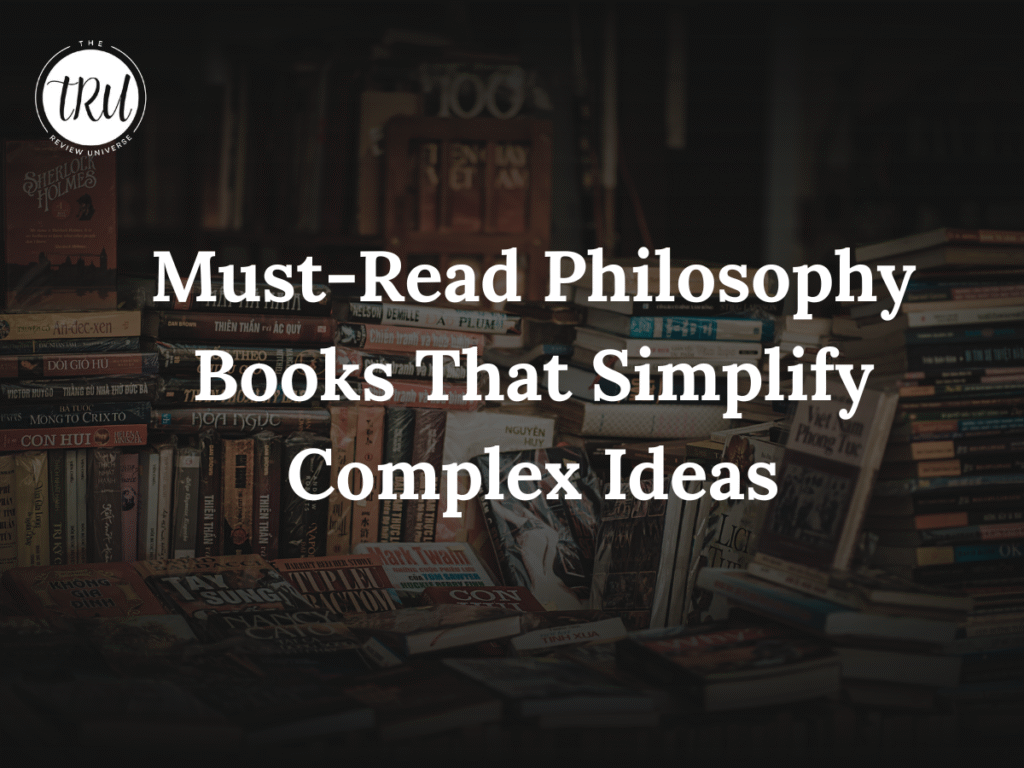
Philosophy Books is the victim of a bad reputation. The word evokes the image of thick textbooks, abstractions, and debates that have no relation to real life.
Philosophy doesn’t need to be intimidating. Indeed, some of the most brilliant and practical wisdom lurks in books that simplify complicated concepts and make them easy to understand.
Philosophy can guide you whether you desire inner peace, improve decision-making, or think more critically about the world. The right books not only teach ideas, but also show how to live them.
Below is a list of recommended philosophy book that have simplified the complexities of life in an understandable, engaging, and practical manner.
Marcus Aurelius’s Meditation
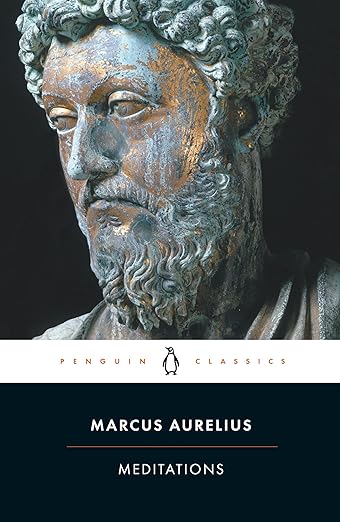
‘Meditations‘ was not a published book, but it was a personal journal by Marcus Aurelius, a Roman Emperor, containing thoughts on life, leadership, and inner peace.
However, over centuries, it emerged as one of the most significant parts of philosophy. Aurelius emphasizes self-control, belief in fate, and the ability to remain calm amidst turmoil.
These ideas may sound abstract, but the reflections offered by Aurelius are highly personal, pragmatic, and close to the heart. He writes about simple daily struggles, reminding us that we can only regulate our thoughts and actions, not the external world around us in his philosophy books.
Life will come with its problems. Still, with attention to what is in control and inner calmness.
Seneca’s Letters from a Stoic
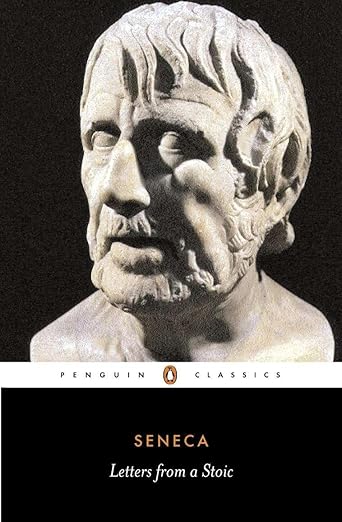
“The letter from a Stoic‘ is personal advice from Seneca, the Stoic philosopher, to Emperor Nero.
These letters extend in scope, encompassing both the temporality of time and the quest to find virtue over material success.
What is accessible about this collection is its conversational tone and style. Seneca teaches the need to slow down, view challenges as a chance to grow, and appreciate inner freedom.
By emphasising virtue, focus on living a meaningful and fulfilling life.
Friedrich Nietzsche’s Beyond Good and Evil
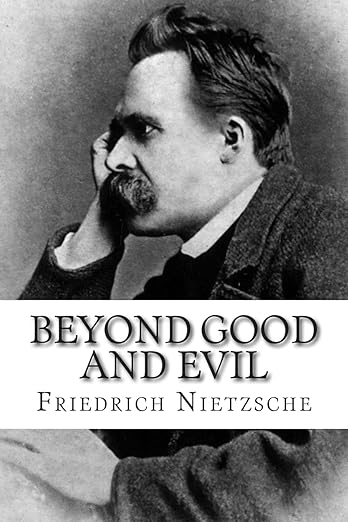
Nietzsche’s “Beyond Good and Evil” is an attack on traditional morality, social conventions, and truths. He claims there isn’t any universality to morality.
He urges the reader to form his own values- a principle which he calls the will to power.
Nietzsche passed away before completing this philosophy book, but it remains dense. The work is critical, challenging societal assumptions and inviting celebration of individuality. It isn’t a question of nihilism; it’s a question of self-determination in life.
Rules or norms should not be obeyed blindly. Be creative, live your own life, and go against the norms, even when it feels uncomfortable.
4. Alain de Botton’s The Consolations of Philosophy
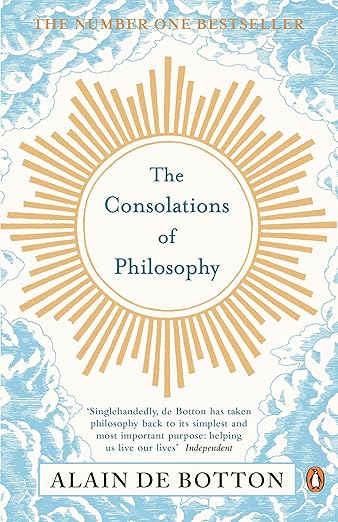
Alain de Botton’s “The Consolations of Philosophy” takes classical concepts of philosophy into contemporary and modern life.
He matches half a dozen great philosophers, such as Socrates, Epicurus, and Nietzsche, with such ordinary issues as heartbreak, failure, and frustration.
This book is written narratively, unlike conventional books in philosophy. De Botton, an accessible philosopher, shows that philosophy can be used as a toolkit to solve real-life problems.
Philosophy isn’t merely abstract theory; it’s a means of approaching life’s troubles with intelligence and vision.
Robert Rowland Smith’s Breakfast with Socrates
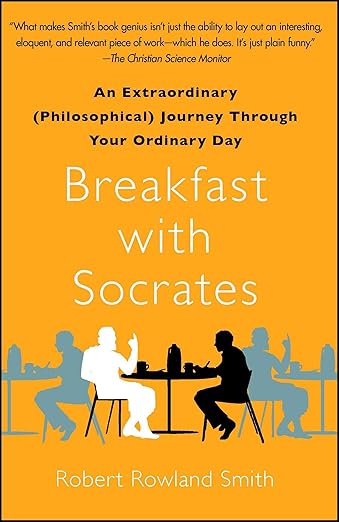
How can philosophy be incorporated into your everyday life? “Breakfast with Socrates” combines philosophical commentaries with the most basic routines, such as waking up in the morning, going to work, and interacting with others.
Every chapter matches a philosopher with a routine, i.e., Socrates with morning reflection, Marx with work, and Nietzsche with nighttime.
This philosophy book isn’t a preserve of academia- it can reach every aspect of life. The wisdom of the great thinkers can lead to small but considerate changes in your daily practice, making you live more purposefully and mindfully.
Don Miguel Ruiz’s The Four Agreements
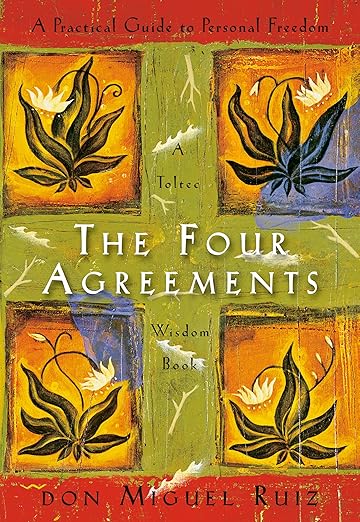
“The Four Agreements” is a book based on Toltec wisdom, which reduces philosophy to four practical rules:
- Be impeccable with your word.
- Take nothing personally.
- Do not make assumptions.
- Always do your best.
The book is straightforward but offers invaluable advice. These contracts can resolve conflicts, improve foster relations, and bring clarity in thinking.
The philosophy is explained in a manner easy enough to apply, without elaborating on theory. Transform your life with four easy principles that govern behaviour, perception, and communication.
Ichiro Kishimi & Fumitake Koga’s The Courage to Be Dislike
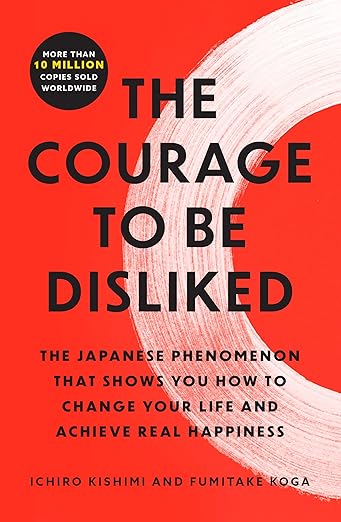
According to the psychology of Alfred Adler, “The Courage to Be Disliked” is composed in the form of a conversation between a philosopher and a young man who wants to find some sense in his life.
It prompts readers to disregard the approval of others, take responsibility for their decisions, and make contributions rather than comparing themselves.
The writing method makes the book easy to read, like a live lecture. Written in a conversational tone and style, so it feels like a live lecture. It teaches readers to be accepting of themselves and make decisions they believe in despite criticism.
Self-success and happiness come through self-acceptance, bravery, and the choice to live your life in your own way.
Rolf Dobelli’s The Art of Thinking Clearly
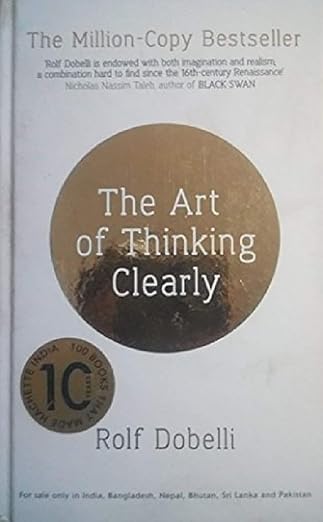
“Art of Thinking Clearly” is a contemporary classic that cuts across the boundary between philosophy and psychology.
Dobelli describes 99 cognitive biases, such as confirmation bias or the sunk cost fallacy, with relatable cases. It’s a practical guide to a straightforward thinking process.
By mental traps, you can make better decisions, evade manipulation, and see the world more objectively. Being able to think clearly is a learnt skill.
Being aware of biases gives you the power to make a rational and informed choice in daily life.
Conclusion
Philosophy book isn’t a matter of memorising theories or speculating in solitude on the mysteries of life. It’s regarding living more mindfully, thinking critically, and living with clarity and insight.
The books listed here are evidence that philosophy can be approachable, entertaining, and valuable.
Start with the tranquil thoughts in Meditations, the life rules in The Four Agreements, and the mental insight in The Art of Thinking Clearly, each offering an instrument to guide you on your way through life more effectively.
Philosophy cannot erase life challenges, but it can guide us to treat them with wisdom, meaning, and boldness.
